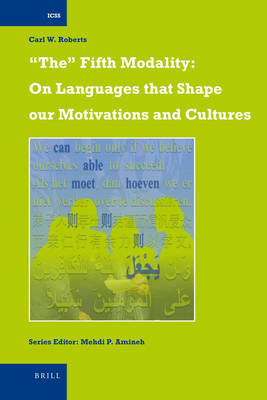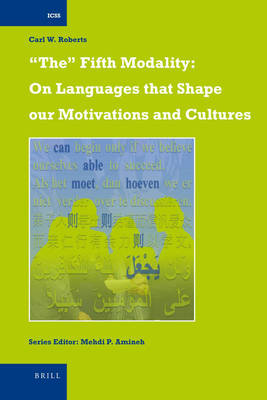
- Afhalen na 1 uur in een winkel met voorraad
- Gratis thuislevering in België vanaf € 30
- Ruim aanbod met 7 miljoen producten
- Afhalen na 1 uur in een winkel met voorraad
- Gratis thuislevering in België vanaf € 30
- Ruim aanbod met 7 miljoen producten
Zoeken
€ 224,45
+ 448 punten
Omschrijving
This is a book about how people understand each other. Like Simmel's writings and works written by Foucault and Goffman toward the ends of their careers, this book depicts interactions as behavioral forms. Its novelty is that it grounds these forms in linguistic structure, particularly in the ubiquitous presence of modality in discourse within all mass societies. Its concluding argument is that all persons, situations, and cultures have mutual significance in accordance with four fundamental modal forms: ability (most common in the United States), necessity (most common in the socialist countries of Western Europe and Scandinavia), obligation (most common in ancient Chinese and Indic societies), and permission (most common in the Islamic world).
Specificaties
Betrokkenen
- Auteur(s):
- Uitgeverij:
Inhoud
- Aantal bladzijden:
- 191
- Taal:
- Engels
- Reeks:
- Reeksnummer:
- nr. 17
Eigenschappen
- Productcode (EAN):
- 9789004162358
- Verschijningsdatum:
- 22/08/2008
- Uitvoering:
- Hardcover
- Formaat:
- Genaaid
- Afmetingen:
- 163 mm x 244 mm
- Gewicht:
- 498 g

Alleen bij Standaard Boekhandel
+ 448 punten op je klantenkaart van Standaard Boekhandel
Beoordelingen
We publiceren alleen reviews die voldoen aan de voorwaarden voor reviews. Bekijk onze voorwaarden voor reviews.








